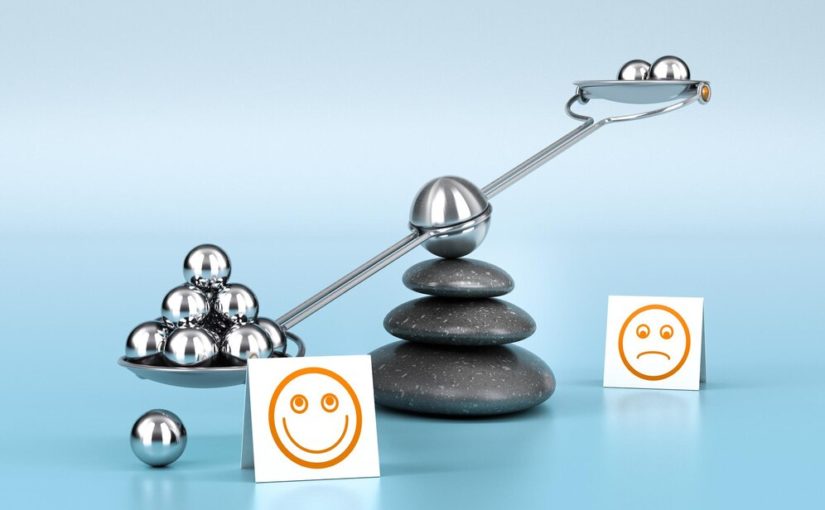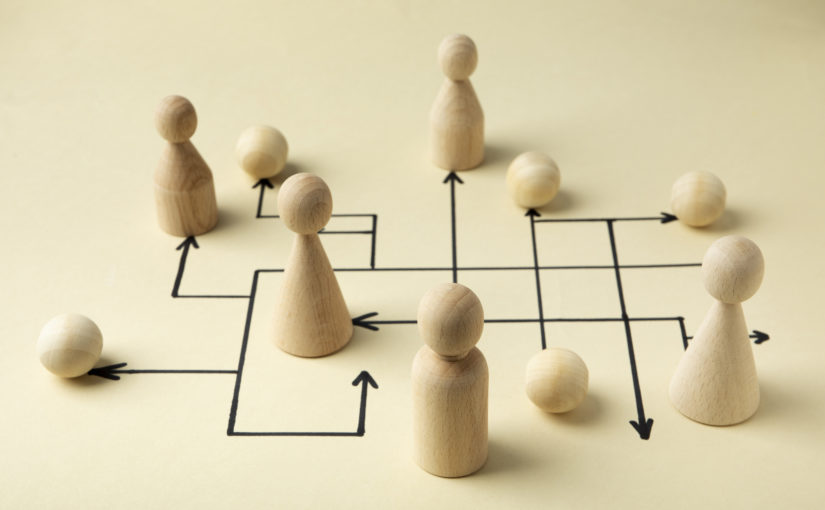We often give more power to others to decide what value we have. In my eyes this should be different. I think it should always start with allowing ourselves to recognise and internalise our own value.
We tend to accept that our value is defined by the opinions of others, by our salary or by our status symbols. We rarely reflect on the skills we possess and who we are in terms of character. What value would we place on ourselves?
In my opinion, we must first value ourselves from within and define how we see our own worth, not measure our own worth through the eyes of others who can only judge from their own beliefs and value us by comparing us to what they are doing. Appreciation that comes from the outside has to be seen in the context of the situation. As an extreme example to illustrate my thoughts, surely the value that a mafia boss would define would be opposite to a clergyman on some issues.
When we begin to value ourselves, we will be able to value others in a non-judgmental way. If we begin to value ourselves, we will be more patient with others and less competitive, because we will have little or no need for the appreciation and recognition of others.
Our own appreciation and esteem for ourselves should be enough and weigh more than that of others.
I found this story, with thanks to Nadja Sandmann for posting the German version, which illustrates these thoughts very well: https://youtu.be/tb5iRxXahyI








